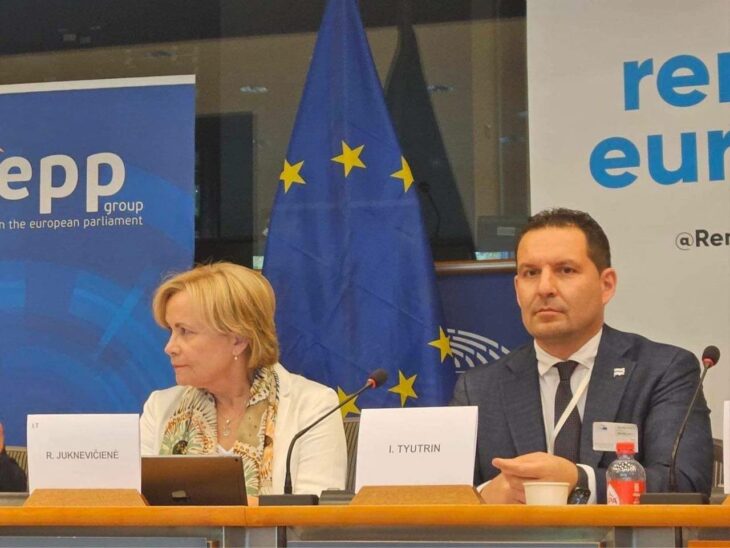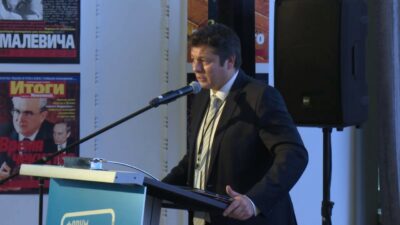The co-founder of the Free Russia Forum spoke at a meeting of the Russian opposition The Day After, which is being held under the auspices of the European Parliament

One of the questions for discussion in recent years: is the war against Ukraine Russia’s war or Putin’s war? One can try to interpret the opinion polls here in an attempt to understand what percentage of Russians are for or against the war, but I would look at the problem differently and pose a different question. Was the formation of a totalitarian dictatorship and Russian military aggression an objective result of Russia’s development in the 30 years since the collapse of the Soviet Union? Or was it the result of the failed choice of a successor in 1999, with all its consequences? I tend to lean toward the first option. Several factors led to today’s catastrophe.
First: Russian society remains within the imperial matrix. We have 500 years of imperialism behind us, with brief interruptions during attempts to democratize the country. Against this background, defeat in the Cold War put the idea of geopolitical revenge at the foundation of the Russian state. It came out in Putin’s 2007 Munich speech, and for more than 15 years we have seen the consequences.
Beginning in 1993, the process of destruction of democratic institutions in Russia was underway. The shooting of the Parliament in October ’93, the Constitution, written under Yeltsin, the election fraud in ’96 turned Russia in the direction of totalitarianism, and finally, the building of a totalitarian personalized dictatorship, which was the tragic result of the country’s degradation for 30 years. The attack on Georgia in 2008, Ukraine in 2014, and the full-scale invasion in February 2022 were the natural outcome of the Putin regime.
Russia’s fundamental problem is that it has never made the transition from an archaic state to a modern nation-state. In an archaic state, the people are not a subject of the political process. And this is fully applicable to the population of Russia. For many years now, they have not been a subject of the political process and have had no influence on the decisions made by the authorities. You could say: on the decisions made in the country. The Russian nation has not been formed, since it lacks a core element of national identity – a common answer to the question: who are we? It is because of this lack of understanding of who we are that hatred towards “them” is stronger: the West, Ukraine, the USA, groups inside Russia… At the beginning of the twenty-first century, Russia continues to be an archaic state. Because of this, such notions as “country”, “state”, “power” and “government” remain undivided in the mass consciousness. For this reason, for many Russians oppositionism is almost identical to treason. In their eyes, those who oppose Putin’s government are opposing Russia, and this perception is very difficult to change.
Today, the slogan “Victory to Ukraine, freedom to Russia!” has become commonplace. And the Berlin Declaration, which contains key points, has become a unifying platform for Russian civil society. It’s important that the Russian opposition is trying to find an answer to the question of what should be done after the collapse of Putin’s regime. But it’s also important to outline as a goal the need to break the archaic model of the state, a model that is not competitive in the modern world. Russia needs to build a modern nation-state based on the rule of law, which is part of the Free World. Otherwise, Russia will end up with the destruction of its statehood and transformation into a Chinese province. There is no third way.




